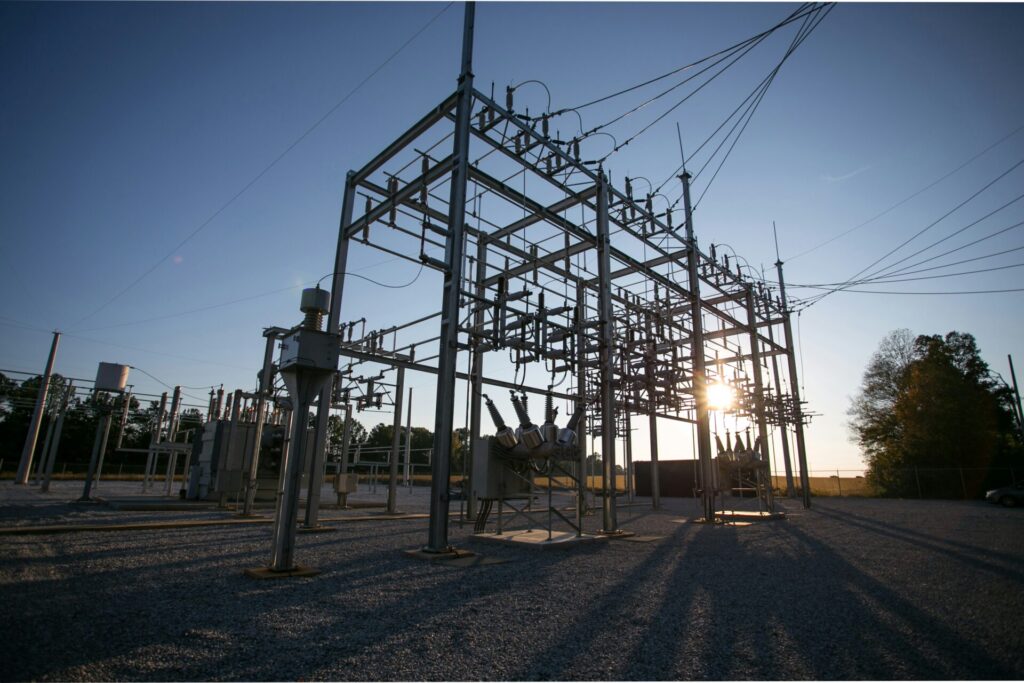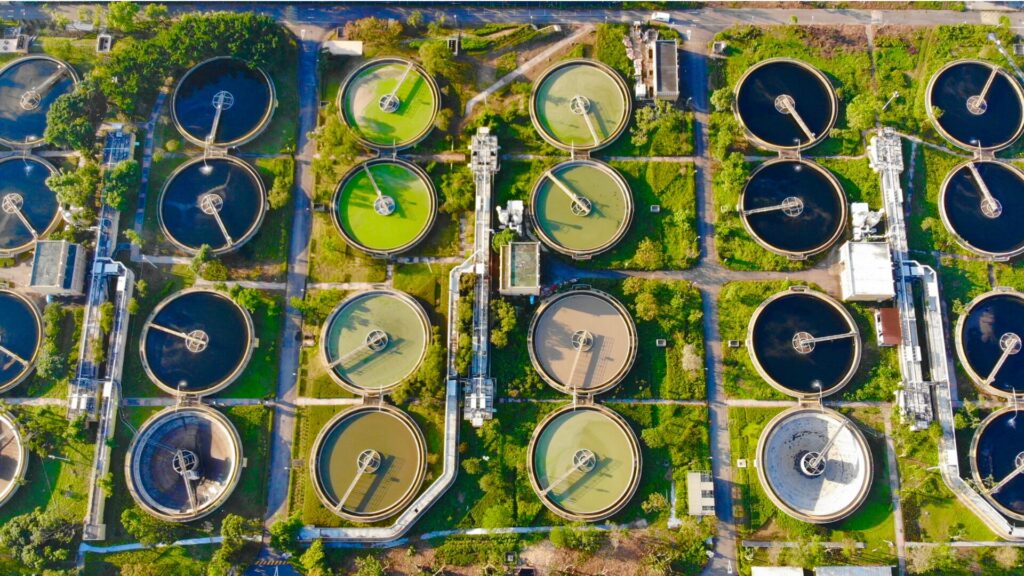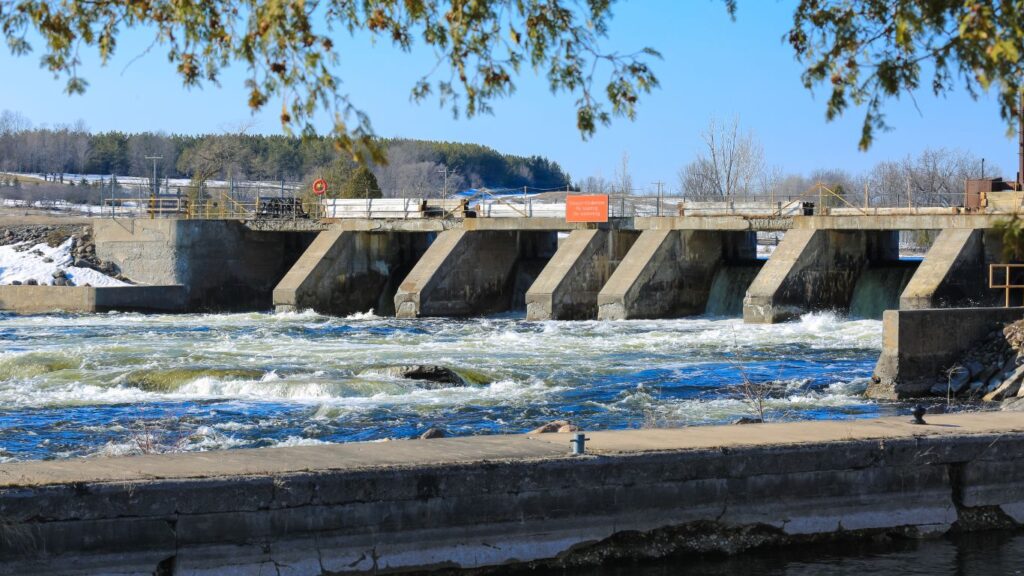Wastewater engineering is a vital career that helps protect public health and the environment. Wastewater engineers are responsible for the design, construction, and operation of systems that collect and treat wastewater. Without wastewater engineering, our water would be contaminated with sewage and other pollutants leading to the spread of diseases and causing public health concerns.
In this post, we’ll look at what wastewater engineering is, the benefits of wastewater engineering, and what it takes to become a wastewater engineer.
What Is Wastewater Engineering?
Wastewater engineering is the process of designing and managing systems that treat wastewater. This includes sewage, stormwater, and wastewater from industrial environments. Wastewater engineers work to protect public health and the environment by ensuring that wastewater is properly treated before it is discharged back into the environment. Now, let’s dive into the benefits of water and wastewater treatment engineering.
The Benefits of Wastewater Engineering
Wastewater engineering provides many benefits to public health and the environment. Water and wastewater treatment engineering can help to:
Prevent the Spread of Diseases
Wastewater contains harmful bacteria and viruses that can cause diseases. Thankfully, with water and wastewater treatment engineering, these harmful microorganisms are removed and the wastewater is made safe to discharge back into the environment.
Protect Drinking Water Supplies
Wastewater treatment also protects our drinking water supplies. If wastewater is not treated properly, it can contaminate our drinking water with harmful pollutants. This can lead to serious health problems such as gastrointestinal illnesses, liver and kidney damage, and even cancer.
Improve Water Quality
Wastewater and water treatment engineering can also help to improve water quality. Removing pollutants from wastewater helps to improve the quality of water in our rivers, lakes, and streams. This is important for both humans and the environment.
What Is A Wastewater Engineer?
A wastewater engineer is a professional who designs, builds, and manages wastewater treatment systems. They are responsible for making sure that wastewater is properly treated before it is discharged back into the environment.
Education Requirements
To become a wastewater engineer, you may need a bachelor’s degree in civil engineering, environmental engineering, chemical engineering, or even biochemical engineering. While a master’s degree is not required, it may give you a leg up in the job market. Moreover, some states require wastewater engineers to be licensed by the American Society of Civil Engineers.
Roles
Wastewater engineers have a variety of roles. Some of their responsibilities include:
- Designing wastewater treatment systems
- Operating and maintaining wastewater treatment systems
- Conducting wastewater treatment plant inspections
- Testing wastewater samples
- Preparing wastewater treatment reports
The Engineering Behind Wastewater Collection
Wastewater collection is the process of collecting wastewater from homes and businesses and transporting it to a wastewater treatment plant. There are two main types of wastewater collection systems: gravity and low-pressure.
Gravity
Gravity wastewater collection systems rely on the force of gravity to move wastewater from homes and businesses to the wastewater treatment plant. This type of system is usually used in areas with relatively flat terrain.
Low Pressure
Low-pressure wastewater collection systems use pumps to move wastewater from homes and businesses to the wastewater treatment plant. This type of system is usually used in areas with hilly terrain.
Vacuum
Vacuum wastewater collection systems use vacuum pumps to move wastewater from homes and businesses to the wastewater treatment plant. This type of system is usually used in areas with very hilly terrain.
Wastewater Treatment Process
Once wastewater is collected, it must go through a wastewater treatment process before it is discharged back into the environment. There are three main types of wastewater treatment: primary, secondary, and tertiary.
What is The Wastewater Treatment Process?
Primary treatment is the first step in wastewater treatment. During primary treatment, wastewater is allowed to settle and the solid waste is removed.
Secondary treatment is the second step in wastewater treatment. During secondary treatment, bacteria and other microorganisms are used to break down the remaining organic matter in the wastewater.
Tertiary treatment is the third and final step in wastewater treatment. During tertiary treatment, wastewater is disinfected to kill any remaining bacteria and microorganisms.
How Transcend Contributes To Wastewater Engineering
Wastewater engineering is a critical field that helps to protect public health and the environment. Transcend is proud to be facilitating the advancement of wastewater engineering through our intuitive online generative design platform, the Transcend Design Generator. The Transcend Design Generator is a powerful tool that helps wastewater engineers quickly and easily design custom wastewater treatment systems.
To learn more about the Transcend Design Generator, book your demo today!






